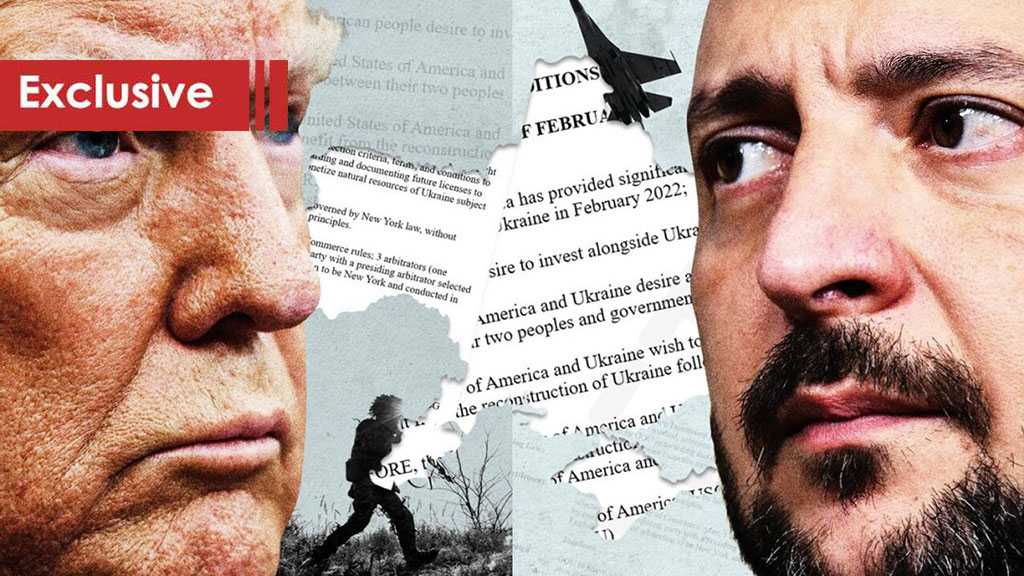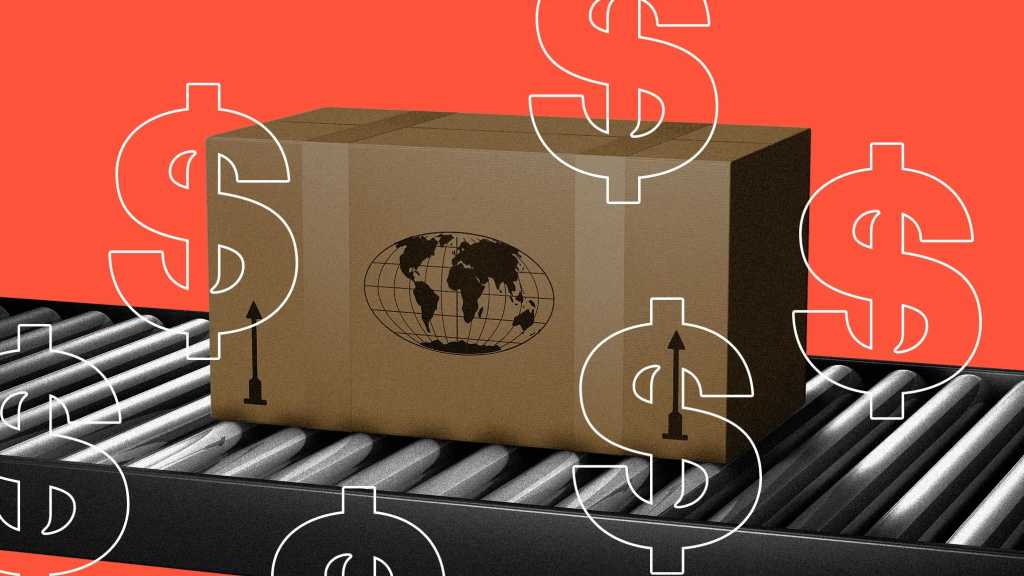US Support for Ukraine: A Mask for Economic Exploitation

By Mohamad Hammoud
Lebanon – The United States has a long history of involvement in global conflicts, often justified as defending democracy, human rights, and international law. However, beneath the surface of these lofty ideals lies a consistent pattern of strategic and economic self-interest. A recent example is US support for Ukraine in its war against Russian aggression. While this aid is framed as a moral stance in defense of democracy, the refusal by Ukrainian President Vladimir Zelensky to sign an agreement granting the United States 50% control over Ukraine's future natural resources exposes the economic motives lurking behind such interventions.
This essay explores the economic dimensions of US involvement in Ukraine, particularly its interest in the country’s vast mineral wealth, and draws historical parallels to other conflicts, such as Iraq, Afghanistan, and Syria, where economic benefits have shaped American foreign policy.
America’s Role in Ukraine: A Question of Motives
Since the war between Russia and Ukraine began in early 2022, the United States has been one of Ukraine’s most prominent allies, providing billions of dollars in military, financial, and humanitarian aid. While this support is often hailed as a noble effort to protect Ukraine from Russian aggression, recent demands for economic concessions—proposed by President Donald Trump—cast doubt on these motivations.
The United States' interest in Ukraine goes beyond protecting democracy. Ukraine is one of the most resource-rich countries in Europe, with untapped reserves of critical minerals such as lithium, titanium, and rare earth elements. These resources, vital for industries ranging from electronics to renewable energy and military technologies, make Ukraine not just a geopolitical hotspot but also an economic prize.
Ukraine’s Mineral Wealth and US Interests
Lithium, for instance, is essential for electric vehicle [EV] batteries and energy storage technologies, making it one of the most sought-after minerals globally. Ukraine’s untapped lithium reserves could position it as a major supplier, reducing Western dependence on China, which currently dominates the global lithium market. Similarly, titanium is crucial for aerospace and military applications, and access to Ukrainian deposits could enhance U.S. and European manufacturing capabilities.
By securing control over Ukraine’s resources, the US could bolster its technological and industrial base while simultaneously diminishing Russia’s influence in the region. This shows that U.S. support for Ukraine is not solely about democracy; it is about ensuring long-term economic and strategic advantages.
The Iraq War: Democracy or Oil?
The US-led invasion of Iraq in 2003 offers a historical parallel that underscores the economic underpinnings of American foreign interventions. Initially justified as a mission to dismantle Saddam Hussein’s alleged weapons of mass destruction [WMDs] and promote democracy, the war quickly became a case study in strategic and economic exploitation. No WMDs were ever found, and many critics argue that the real motivation behind the invasion was Iraq’s vast oil reserves.
Reports from investigative journalists and government whistleblowers suggest that US corporations, particularly oil companies, played a significant role in shaping Iraq’s post-war economy. American firms were awarded lucrative contracts to rebuild Iraq’s infrastructure, while the nation’s oil industry was opened to foreign investment under terms favorable to US-based companies. Naomi Klein, in her book The Shock Doctrine, describes how Iraq became a testing ground for policies that prioritized corporate profits over the well-being of the Iraqi people.
Additionally, Iraq’s strategic position in the Middle East allowed the US to establish a stronger military presence in the region, ensuring influence over global oil markets. Military contractors also reaped the benefits of the war, securing billions of dollars in government contracts during the reconstruction process.
Afghanistan: The Hidden Costs of War
The US intervention in Afghanistan, launched in 2001 in response to the 9/11 terrorist attacks, was similarly framed as a mission to dismantle al-Qaeda, overthrow the Taliban, and establish a democratic government. While these goals were partially achieved, the war also revealed significant economic motivations.
Afghanistan is home to vast reserves of natural resources, including copper, rare earth minerals, and lithium—materials critical for modern technologies such as batteries and electronics. A 2010 report from the US War Department referred to Afghanistan as the “Saudi Arabia of lithium,” highlighting its untapped economic potential. While large-scale extraction was hindered by political instability and security concerns, US companies showed interest in these resources, raising questions about whether economic considerations influenced the prolonged military presence.
Syria and the Battle for Energy Routes
Syria represents another instance where economic interests intersected with US foreign policy. Officially, US involvement in Syria was justified as a fight against terrorism and an effort to protect civilians from the Assad government. However, Syria’s role as a potential transit point for energy pipelines has always loomed in the background.
The country’s geographical position makes it a key player in the battle between Western allies and Russia for control over energy routes in the Middle East. The US has supported opposition forces and maintained a military presence in northeastern Syria, where significant oil fields are located. By preventing the Syrian government and its allies from fully controlling these resources, the US has ensured that its strategic and economic interests remain protected.
Conclusion
The United States’ involvement in Ukraine, like its interventions in Iraq, Afghanistan, and Syria, reveals a troubling pattern: economic and strategic interests often take precedence over the democratic ideals that are publicly championed. Ukraine’s vast mineral wealth, including lithium and titanium, has made it a critical asset in the global competition for resources, and US demands for a share of these resources suggest that its support is far from altruistic.
While the rhetoric of democracy and human rights dominates US foreign policy narratives, the historical pattern of exploitation—whether through control of oil in Iraq, access to minerals in Afghanistan, or influence over energy routes in Syria—raises serious ethical concerns.



